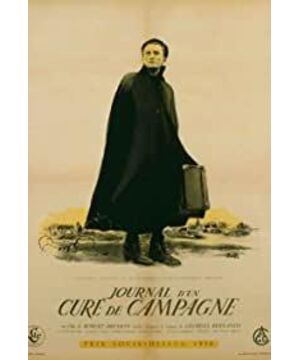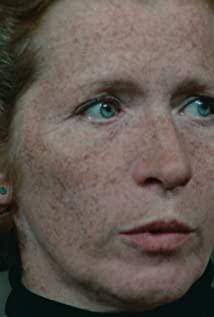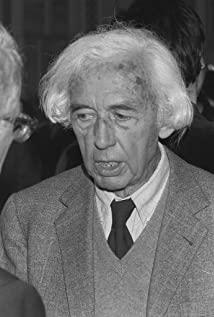At the beginning of the adaptation, Bresson claimed to be faithful to the original work, and the film did confirm this. He firmly grasped the backbone of the original, so he gave the impression of being faithful to the original. However, his "loyalty" is the most hidden and inner form of creatively breaking the original pattern. The film always replaces the contagious specific descriptions in the novel with poor pictures. If Bresson was "faithful" to the original, the film should not be made like this. He deliberately took the completely opposite approach. Compared with novels, films are more "literary." In the final analysis, his respect for the original text is not only a cozy constraint, but also a dialectical factor in creating a style. The advent of the film brought the film adaptation into a new stage. The dialectical relationship between its fidelity and original creation can be attributed to the dialectical relationship between film and literature. This is no longer a transplant, although it is very faithful and ingenious; it is not about freely absorbing materials with deep respect in order to make a film that stands by the original; it is based on the original novel and constructs a film through the form of the film. Secondary works. This is not a film "comparable" with the novel, but an independent aesthetic entity, which seems to be a novel expanded by the film. The inspiration of the film is that it is more effective to use the difference between novels and movies to "turn" novels into movies through the use of strong words in the film
.
Although the form of the film is obviously isolated from the outside world, the film places itself in a vast world. It is a movie written between the pages of a notebook, and the background is a field full of light and sound. The concentration and self-discipline that the diary gives the priest allows him to get the sublimation of the soul at the last moment. His rigorous tool for self-knowledge-his writing-allowed him to concentrate on his image, and thus made him one with Jesus. Through a similar textual precept, Bresson is able to become one with the theme of "his"-a novel. By surpassing the film in the form of film, he successfully carried out a revolution about the ethics and potential of adaptation, and he "interpreted" a novel with vision and sound. It is not so much that he succeeded in mastering his subject, it is better to say that he is truly integrated with the subject.
.









